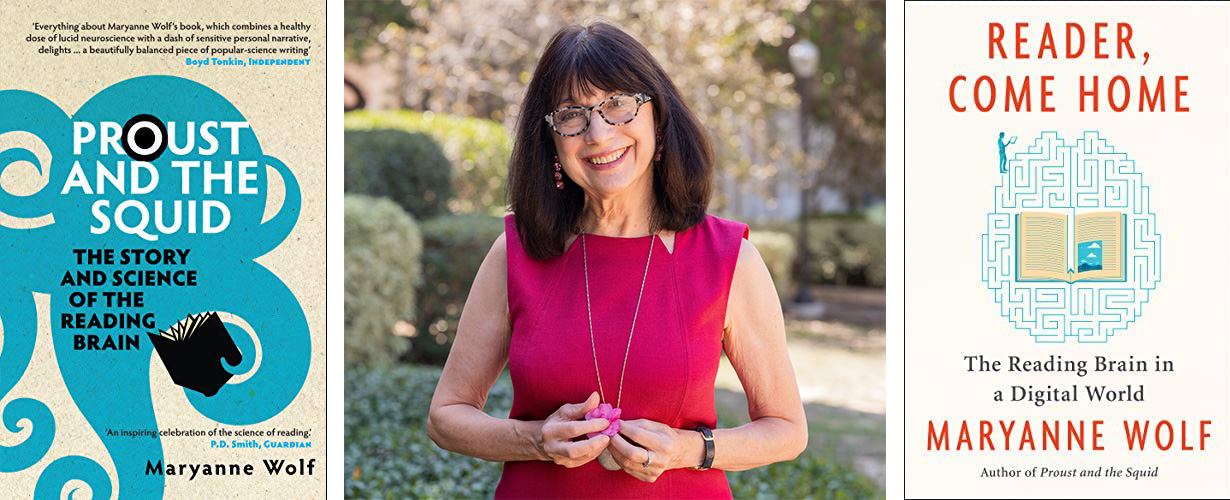5th Annual Learning Differences Conference
Featuring Dr. Maryanne Wolf, speaking about “How the Reading Brain Teaches Us to Read, Think, and Teach in a Digital Culture”
- Saturday, February 11, 2023
- 1-3pm EST (Virtual)
Dr. Maryanne Wolf will be the keynote speaker at the 5th annual Learning Differences Conference, presented by The Hamilton Institute. This virtual conference brings together educators and caregivers who wish to learn more about dyslexia and other language-based learning differences. In addition to the keynote address, participants will select and engage in one breakout session led by a variety of experts in the field of learning differences. For information about the breakout sessions, please see the menu below.
Dr. Wolf is an advocate for children and literacy around the world. She directs UCLA’s Center for Dyslexia, Diverse Learners, and Social Justice in the School of Education and Information Studies. She is the author of over 160 publications and books including: Proust and the Squid: The Story and Science of the Reading Brain, and Reader, Come Home: The Reading Brain in a Digital World.
Registration is required and costs $35. This conference is open to the public and is free to Wheeler and Hamilton community members who can contact hamiltoninstitute@wheelerschool.org for a special code.
Register at this webpage today!
